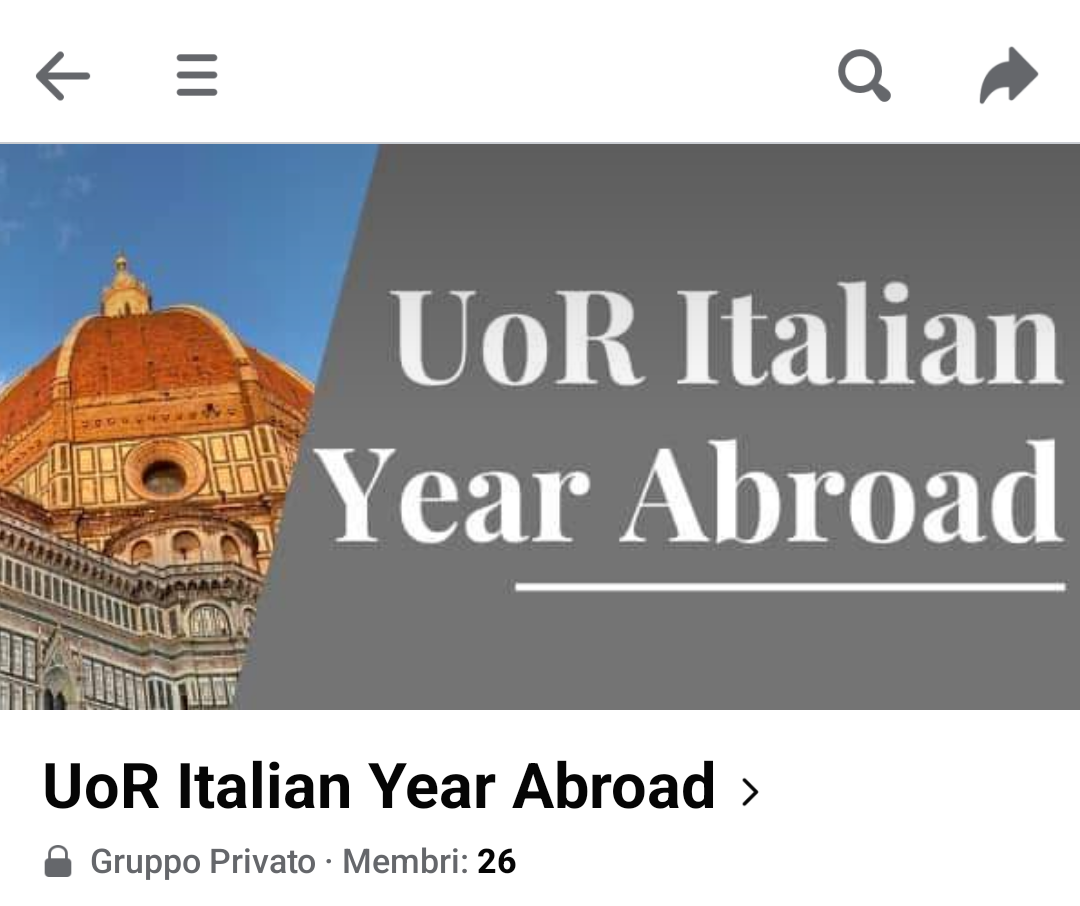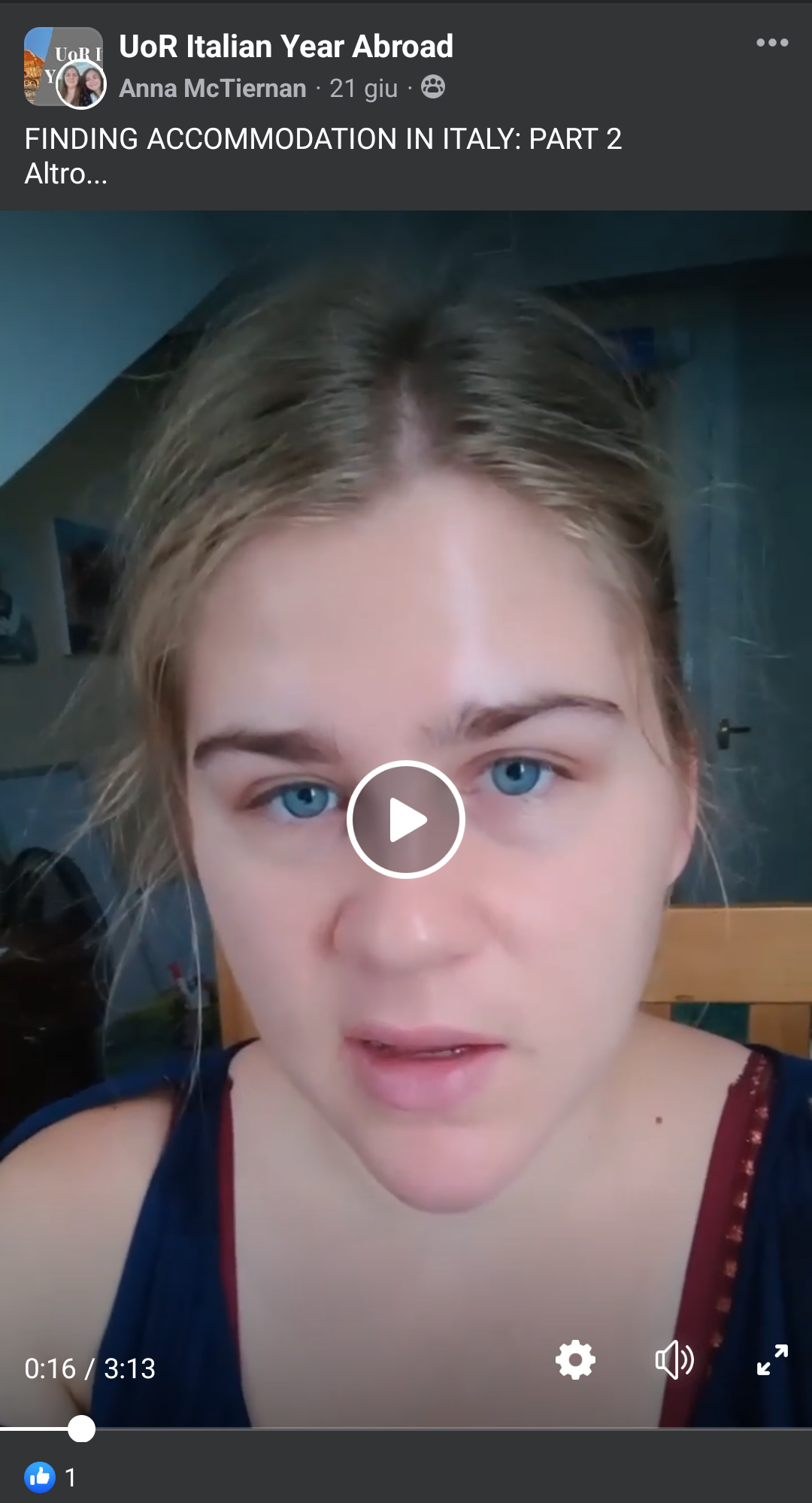By: Paul Jenkins, School of Psychology & Clinical Language Sciences, p.jenkins@reading.ac.uk

Overview
The School of Psychology and Clinical Language Sciences (PCLS) offers several postgraduate degree programmes, nearly all of which include a placement element. Getting the assessment right is an important challenge to fairly evaluating students on placement. As part of an ongoing review of programmes with placement components, a piece of work was commissioned to look at how placements should be assessed within PCLS.
Objectives
The primary aims of this project were to explore:
- What elements of placements MSc students felt were important to assess; and
- How MSc students felt these elements should be assessed.
Context
As a ‘taught’ component of the course, any assessment needs to be carefully planned and contribute “directly to learning and skill development” (UoR, 2023). Student feedback indicated that the current method of assessing placements, which comprises a written report of what was done and learned on placement, was unsatisfactory. For instance, students felt that it did not reflect the amount of work put in over the course of the placement and that the final grade was too reliant on one piece of written work.
It was felt that gaining insight into current students’ views would be helpful to inform future changes to the way(s) in which MSc placements might be assessed, making this process proportionate and more useful for students.
Implementation
In February 2023, a grant from the UoR T&L Initiatives Fund was awarded to address the question of how MSc placements should be assessed.
A focus group discussion was conducted in June 2023, with participants recruited from PCLS MSc students. The focus group lasted around 45 minutes. In addition, a 1:1 interview was held in July 2023 with another individual who wanted to share their views on the subject, and this is included to add detail to the data obtained from the focus group.
To frame the focus group and interview, open-ended questions were developed to explore participants’ experiences, opinions, and thoughts regarding placement and its assessment. The facilitator (a member of staff within PCLS) was present to encourage a relaxed atmosphere and supplement prepared questions with prompts to gather participants’ views and pursue themes relevant to the research questions. The following is a sample of the questions asked during the interview:
- What are the important elements of an MSc placement to be assessed?
- How do you think MSc placements should be assessed?
The focus group was audio-recorded and the facilitator also kept notes to help keep track of themes and provide a more holistic picture of the discussion (Kornbluh, 2023). The students were also given a document on different types of assessment and an exemplar of how a placement might be assessed to act as ‘stimulus material’ to prompt detailed discussion of their views on assessment.
Impact
The findings of the discussions provided insight into how students think placements should be assessed. In terms what students considered important to be assessed, several different themes emerged:
- Assessing what was learned
Students talked about the importance of assessing what was learned, as opposed to a more cursory assessment of the time or activities spent in placement; for instance if: “technically, you put in the work but you didn’t actually apply it to anything”. They reflected on the different environments and services within which placements took place, such as some being online and others being conducted in-person, and the importance of asking students “to prove” that they have engaged with placement. The importance of certain skills (e.g., teamworking, presentation skills) learned on placement was highlighted, and also how such skills relate to students’ futures.
- Reflecting on one’s own development
Several students commented on how they have developed over the course of placement, and how this could be included in the assessment. For instance, one student suggested that assessments could cover “what skills are we learning and how much are we able to apply it… and how we’re changing”. Another noted discussions they have with their supervisors, whereby they “don’t just talk about what I do… [but] also some sort of reflection,” and that this brings in “reflection of how you see yourself”.
- Capturing diversity of experiences
The discussion also covered the reality that students will have different experiences of placement and how it can be “a very subjective experience,” including different types and levels of supervision. For instance, one student commented that “the difference between person to person doesn’t always end in […] what they’re doing but also where they started from, because we also came into the programme with very different experiences”. Students also highlighted differences in effort put in by those on placement, sharing the perception that there were some students “who are doing everything they possibly can” and others who “slowly move to the back… waiting for things to be handed to them”.
As part of the project, students also discussed how these skills and elements of placement should be assessed and, again, several themes arose:
- Continuous assessment
Students discussed having the opportunity to reflect ‘as they go’ and potential problems with a unitary, retrospective assessment. Whilst they felt that having a reflective piece is “a nice idea,” one student commented how a lot of experiences gained on placement are difficult to recall at the time of submission. They were also wary of having too much overlap between pieces of assessment, such as a reflective report and report of activities, and one student suggested being “forced to keep track of what you have been doing… in a detailed manner”.
Having been offered a list of potential assessment types to review in the focus group, one student felt that Reflective Diaries could be a better approach, perhaps used alongside an hours log. Another suggested that Learning Logs with “certain points to learn about” could be helpful, perhaps covering “small reports on small things”. Another suggested a “spaced out diary… or some form of input from our supervisor” could be of use, although also stated that they were unsure “how feasible that would be”. It was also suggested that a website (or blog) could be used to help students log experiences and remain accountable. Of note, some students chose to do this independently, with one saying: “I keep a log for myself”.
- Oral presentations
Many students mentioned advantages of an oral presentation over written work, including being “better able to express what I’m doing when I speak”. Another commented that “when you write, you downplay” what was done on placement and that an oral form of assessment can be less constrained by “academic rules”. Another student agreed, saying that a presentation would “let someone express [their experience] much better” and another concluded: “I think just talking would be better [than a written assignment]”.
Students suggested that oral presentations offer a chance to “talk through your experience” and also to field questions (e.g., “What do you think you specifically learned?”), which “makes you reflect a lot more”. They also commented on the advantages of having other individuals present. A student noted that presenting in a group means that you “get to see what other people have been doing [and] how they’ve developed their skills” which could even “change your perspective”. It was commented that this approach can be “helpful to your peers as well, not just you”.
In a similar vein, one student suggested a viva voce (a one-to-one oral examination) whereby students “talk to our supervisors… and have that discussion” about their experiences.
- Assessing the thoroughness of the experience
One student suggested that having written assignments can limit introspection, and get one “writing it for the sake of having a reflective piece to submit” rather than discussing “how much have I grown”. By contrast, they suggested that, in oral presentations, “flow is better – easier – and it really gives you cause to think about how you have developed”. Further reflecting on oral presentations, one student commented that “it’s up to you how you present it and how you convey how much you’ve learned, what you’ve learned, how much you’ve grown” and “how you justify what you’ve done in your placement hours”.
Reflections
The insight gained from this work has proved invaluable when formulating assessment for the coming academic year. Students’ views on the possibility of interpersonal assessment has informed the structure of oral presentations where students are given the opportunity to discuss an aspect of placement in front of their peers. The marking criteria have been developed to incorporate some of this feedback, such as inclusion of autonomy, personal development, and showing relevant skills.
Whilst it only represents a small study, some practical suggestions could be proposed. For instance, when evidencing and discussing their placement experiences, students were clear that oral presentation offers several advantages over written methods (a more common approach to work-based assessment; Ferns & Moore, 2012). The importance of assessing skills development over time was highlighted, which could be considered when setting and providing structure for both formal and informal assessment (e.g., Bates et al., 2013). Finally, it is perhaps also important for educators to keep in mind that students begin placement with different experiences, variation which has the potential to impact both their learning and achievement.
Follow up
The summer of 2024 will be the first-time oral presentations have run for several ‘placement’ modules. We shall continue to refine the assessment itself (and marking criteria) based on further feedback and look into whether concerns about the written reflective piece remain; if so, an assessment that relies more on continuous engagement could be considered.
References
- Bates, J. et al. (2013). Student perceptions of assessment and feedback in longitudinal integrated clerkships. Medical Education, 47, 362–374. https://doi.org/10.1111/medu.12087
- Ferns, S., & Moore, K. (2012). Assessing student outcomes in fieldwork placements: An overview of current practice. Asia-Pacific Journal of Cooperative Education, 13(4), 207–224.
- Kornbluh, M. (2023). Facilitation strategies for conducting focus groups attending to issues of power. Qualitative Research in Psychology, 20, 1–20. https://doi.org/10.1080/14780887.2022.2066036
- University of Reading. (2023, December). Assessment and the Curriculum Framework. https://sites.reading.ac.uk/curriculum-framework/assessment/





 A collaborative project between the Department of History and the Institute of Education developed an innovative module in History, History Education (HS3HED), allowing Part Three students to test and develop their interest in teaching by undertaking and reflecting on a two-week subject-specific placement in a local secondary school. The module has been successful in improving students’ employability, and has been highly praised by students and external examiners.
A collaborative project between the Department of History and the Institute of Education developed an innovative module in History, History Education (HS3HED), allowing Part Three students to test and develop their interest in teaching by undertaking and reflecting on a two-week subject-specific placement in a local secondary school. The module has been successful in improving students’ employability, and has been highly praised by students and external examiners.


